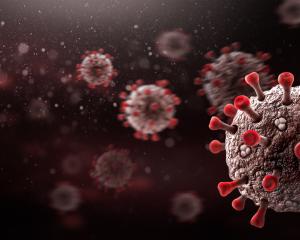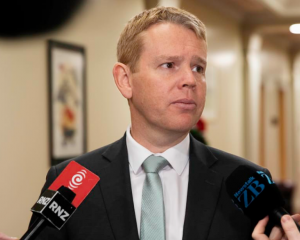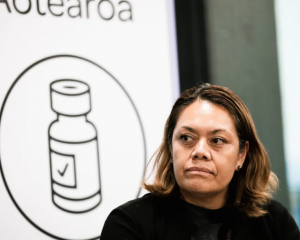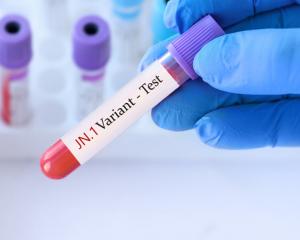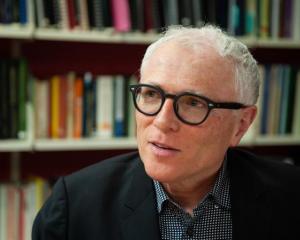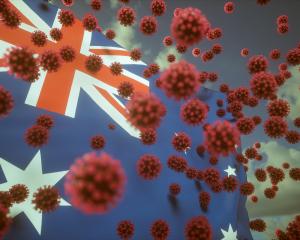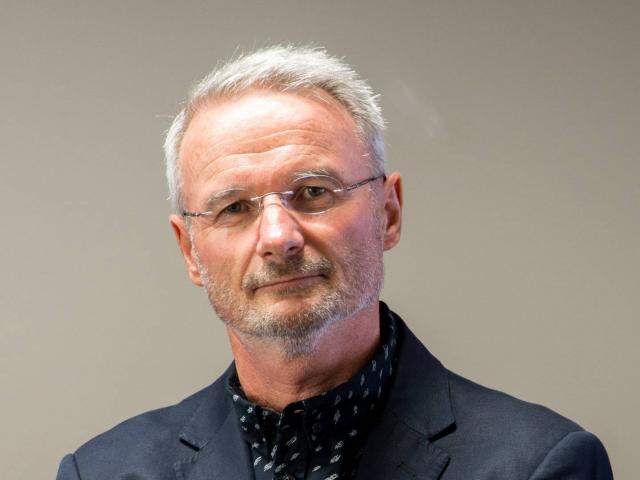
A University of Otago group has argued in a blog written by public health physician Prof Nick Wilson that elimination remains a viable strategy for regions still untouched by the Covid-19 outbreak, but only if stricter regional borders are imposed.
Options could include imposing a fee to cross the border, allowing crossings only for people fully vaccinated against the virus, requiring a negative rapid antigen or saliva test, and large fines for illegal attempted crossings.
"If there is spread to other parts of the North Island in coming weeks and months, then the South Island should have its own tight border around it," the group argued.
A Cabinet meeting today comes after a week when the Government has been under fire for a muddled response to the pandemic, and an absence of clarity about its strategy recently, since the virus spread from Auckland to Waikato and possibly Northland.
Sixty cases of community transmission were reported yesterday and there were 34 new community cases on Saturday, as well.
University of Auckland epidemiologist Prof Rod Jackson said there was no chance of Auckland being allowed loosened restrictions today.
"I'm freaking out in a major way," he said of the possible spread of Covid-19 into Northland.
"Those people hardest to reach by the vaccine are going to be easiest for the virus to reach."
The National Party’s Covid-19 spokesman Chris Bishop said he believed the Government would announce today health workers needed to
be vaccinated. He expected the same would be announced for teachers.
There would be quite a good case for requiring teachers to be vaccinated, he said.
Epidemiologist Prof Michael Baker, who is part of the Otago public health group, said cases with known links to other cases and those unrelated to known cases were both increasing markedly.
"The trend is very definitely upwards," Prof Baker said.
"We are beginning on that exponential rise."
However, five of eight states and territories in Australia had a continuing shot at elimination, "so you can manage borders", he said.
Tasmania had gone more than 500 days without a community case and the South Island more than 300 days.
"It’s definitely sustainable for a period and the goal is, of course, to keep as much of the country as possible ... essentially free of significant numbers of cases while they’re getting their vaccination coverage up to very high levels."
The Government could bolster the regional border swiftly, Prof Baker said.
"You could instantly have as a regional requirement to cross any regional border, including the South Island, that you have to be double-vaxxed, or at least have had one dose, and have a rapid antigen test, or also a pre-departure test."
The Otago public health experts suggested consideration of regional suppression in Auckland where the virus was spreading and elimination in four other regions in New Zealand where the Delta outbreak had not yet taken hold.
An elimination strategy in Auckland might still be possible if vaccination levels increased, they said.
Prof Baker said discussion was still needed about how New Zealand could reopen its international borders, and what precautions should be retained, and for how long.
"That’s the big national debate that we were putting off, or hoping to have early next year, or late this year, and it’s been accelerated by the Delta variant.
"But I think with a mixed approach we can minimise the number of cases, minimise the deaths and hospital disruption, and people can get on with their lives, particularly in the South Island for a period while you’re getting coverage to really high levels."
The Ministry of Health’s announcement of 60 new community cases yesterday was the most in nearly six weeks.
In a statement, the ministry said 19 of yesterday’s new infections were not linked to earlier cases.
Beyond Auckland, Northland and the Bay of Plenty were dealing with positive cases visiting their regions yesterday.
The ministry said there were 29 infected people in hospital, including seven in intensive care.
It also said a person receiving treatment at North Shore Hospital’s dialysis unit yesterday tested positive.
The unit closed yesterday afternoon for a deep clean.
There have now been 1587 cases in the Delta outbreak, and 4265 Covid-19 cases in total in New Zealand.
Prime Minister Jacinda Ardern continued her visit to East Coast communities to encourage vaccination with a trip to Gisborne yesterday morning.
Turanga Health's clinic was in high demand as many people in cars lined up to be vaccinated.
Parts of the city have some of the lowest vaccination rates in the country.
— Additional reporting NZ Herald



